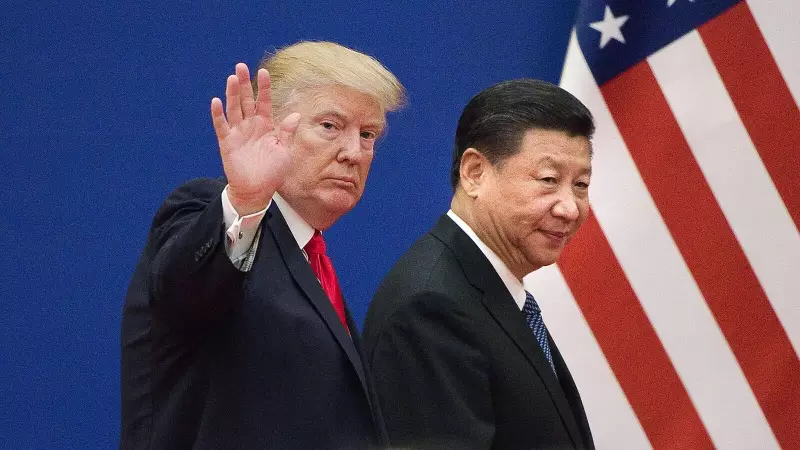
The ongoing trade conflict between the United States and China has entered a new phase of escalation, creating ripple effects across global markets and presenting significant implications for India's economic trajectory.
Latest Developments in the Trade War
The Biden administration has recently announced substantial tariff increases on various Chinese imports, targeting key sectors including electric vehicles, semiconductors, and solar equipment. This move represents the most aggressive trade policy against China since the Trump era, signaling a continued hardline approach despite changing administrations.
India's Strategic Position
As two economic giants engage in trade combat, India finds itself at a critical crossroads. The escalating tensions create both substantial challenges and unprecedented opportunities for the Indian economy.
Potential Benefits for India
- Manufacturing Boost: Global companies seeking to diversify supply chains away from China are increasingly looking toward India as a viable alternative
- Export Opportunities: Indian exporters could fill gaps in markets where Chinese products face restricted access
- Investment Inflows: Increased foreign direct investment as multinational corporations establish manufacturing bases in India
Challenges Ahead
- Supply Chain Disruptions: Indian manufacturers dependent on Chinese components face potential cost increases and delays
- Global Economic Slowdown: Reduced global trade volumes could negatively impact India's export-dependent sectors
- Inflationary Pressures: Higher import costs may contribute to domestic price rises
Sector-Specific Impacts
Electronics and Technology: India's growing electronics manufacturing sector stands to benefit significantly as companies seek alternatives to Chinese production. The government's Production Linked Incentive (PLI) schemes could attract more investment in this space.
Pharmaceuticals: While India's pharma industry relies on Chinese raw materials, the trade war acceleration might prompt increased domestic production of active pharmaceutical ingredients (APIs).
Textiles and Apparel: Indian textile exporters could gain market share in the US as tariffs make Chinese products less competitive.
Long-Term Strategic Implications
Experts suggest that India must navigate this complex landscape carefully. While short-term opportunities exist, sustainable growth will require strengthening domestic manufacturing capabilities, improving infrastructure, and negotiating favorable trade agreements with multiple partners.
The current trade war escalation underscores the ongoing reorganization of global supply chains and the shifting dynamics of international trade relationships. India's response to these developments could significantly influence its position in the global economic order for years to come.





